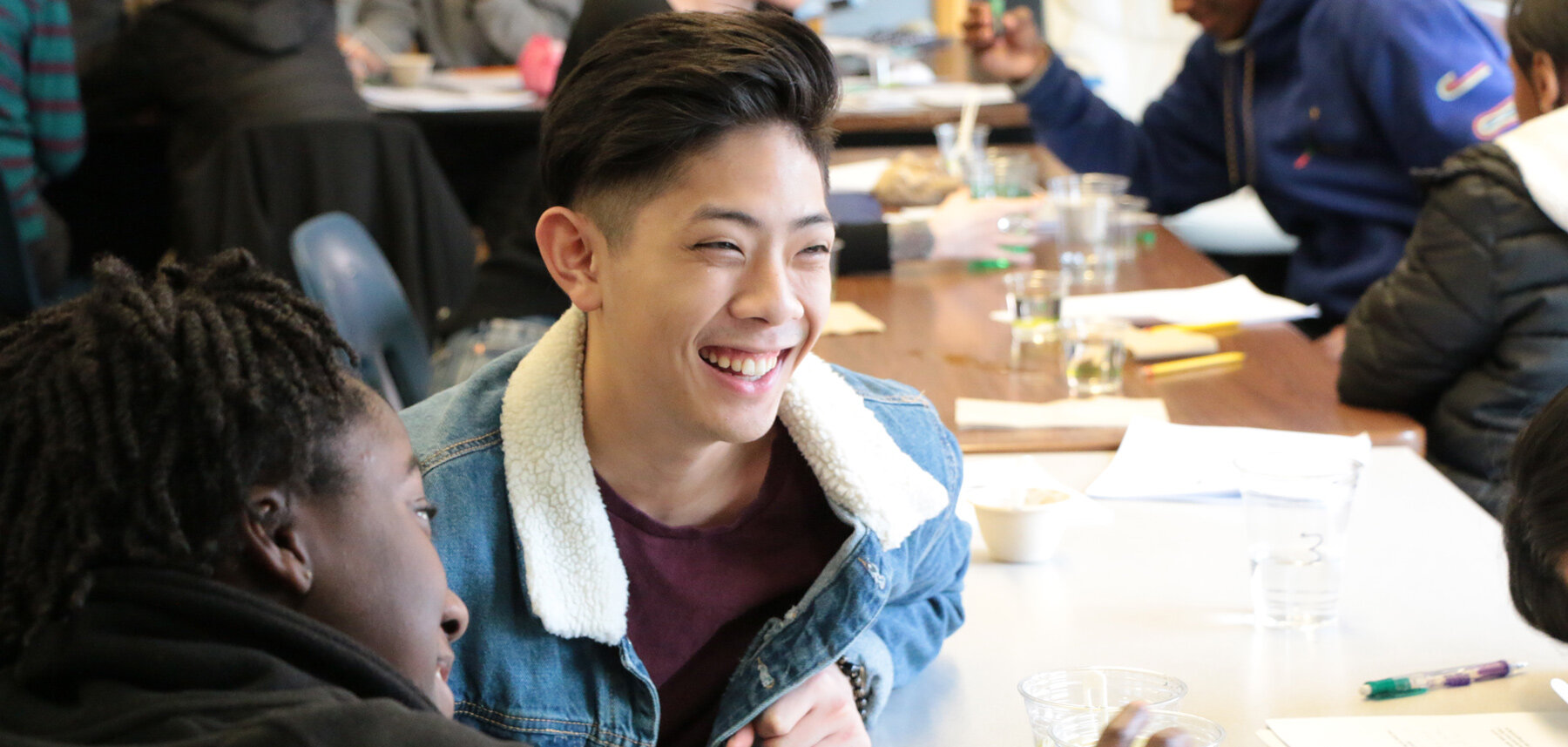
MIKE Program is a public health benefit, 501(c)3 nonprofit organization, founded in 2003. MIKE’s mission is to educate and mentor underserved students to lead healthy lives personally, in their school community, and beyond.
MIKE partners with public and private schools to provide mentored health education programming customized to the needs of the schools and the students we serve. MIKE collaborates largely with educational institutions to engage near-age, early career health professionals who serve as volunteer mentors. By connecting teens with trained and caring mentors, MIKE delivers an engaging, multi-faceted approach to health. MIKE mentors guide teens through a health curriculum that is impactful and relevant. MIKE utilizes a combination of skill-building, leadership-enhancing and multi-media materials to equip teens with the knowledge, skills and confidence to change their health outcomes.
MIKE specifically works in communities that are disproportionately affected by health disparities and adverse health outcomes. This means we often work within communities of color, lower-income communities, and rural communities. To address the needs of these communities, MIKE embeds health equity into every aspect of our organization.
Based on findings from a University of Portland study of diversity in healthcare in the Portland region conducted in early 2021, 80% of the respondents from high school and college cohorts listed mentoring as the greatest factor in encouraging careers in healthcare, especially within ethnically marginalized communities. The study respondents were more likely to pursue careers in healthcare when their mentors reflected similar backgrounds.
MIKE’s focus on health equity is reflected in how we develop and delivery our programming to the inclusion of a diverse group of people who support and deliver its content. MIKE further supports health equity by embedding it into every aspect of our programming. We include voices from students, volunteer mentors, and others community leaders in the creation, direction and implementation of our health curriculum. MIKE carefully curates and produces educational resources in response to the deeper societal inequities laid bare by the coronavirus pandemic. Fifty-seven percent of our guest speakers, who represent a variety of healthcare professions identify as BIPOC. And 64% of our multi-media curriculum content contains and features presentations and producers within communities of color.